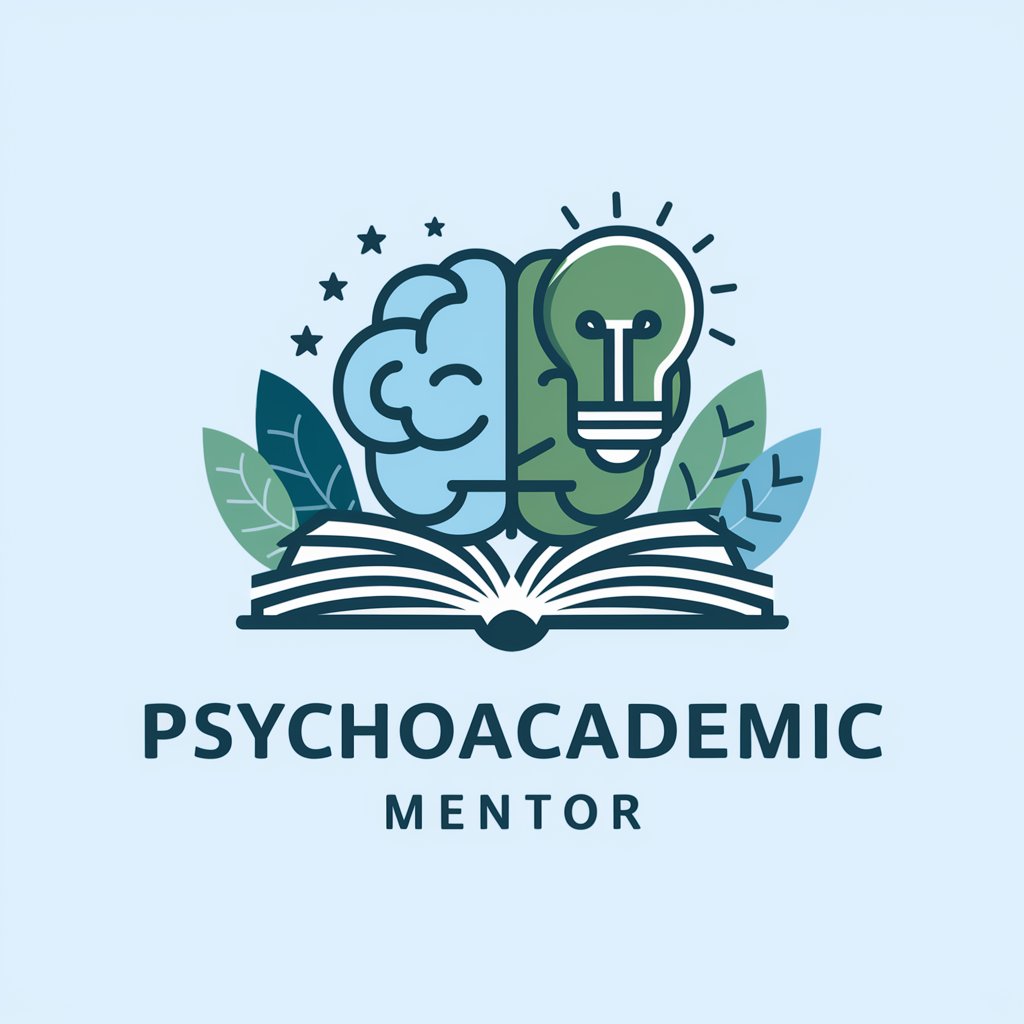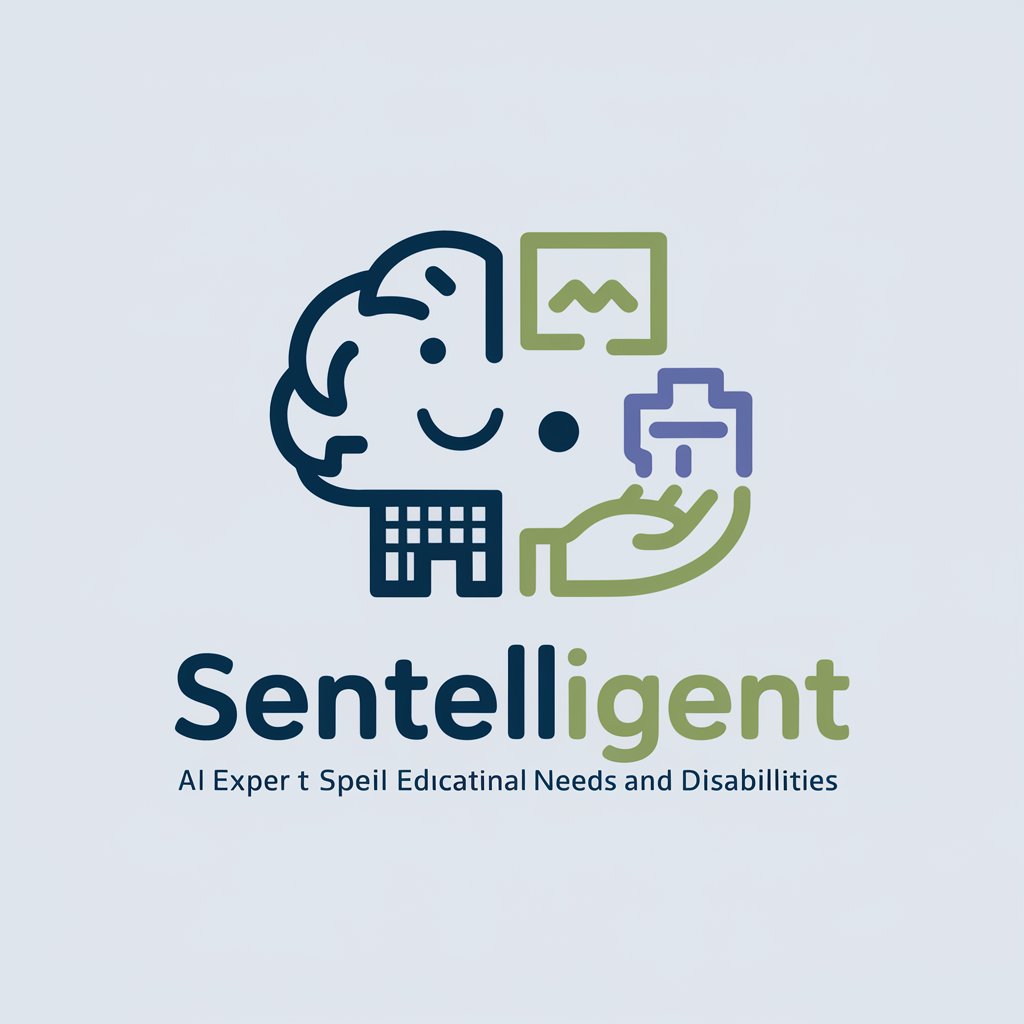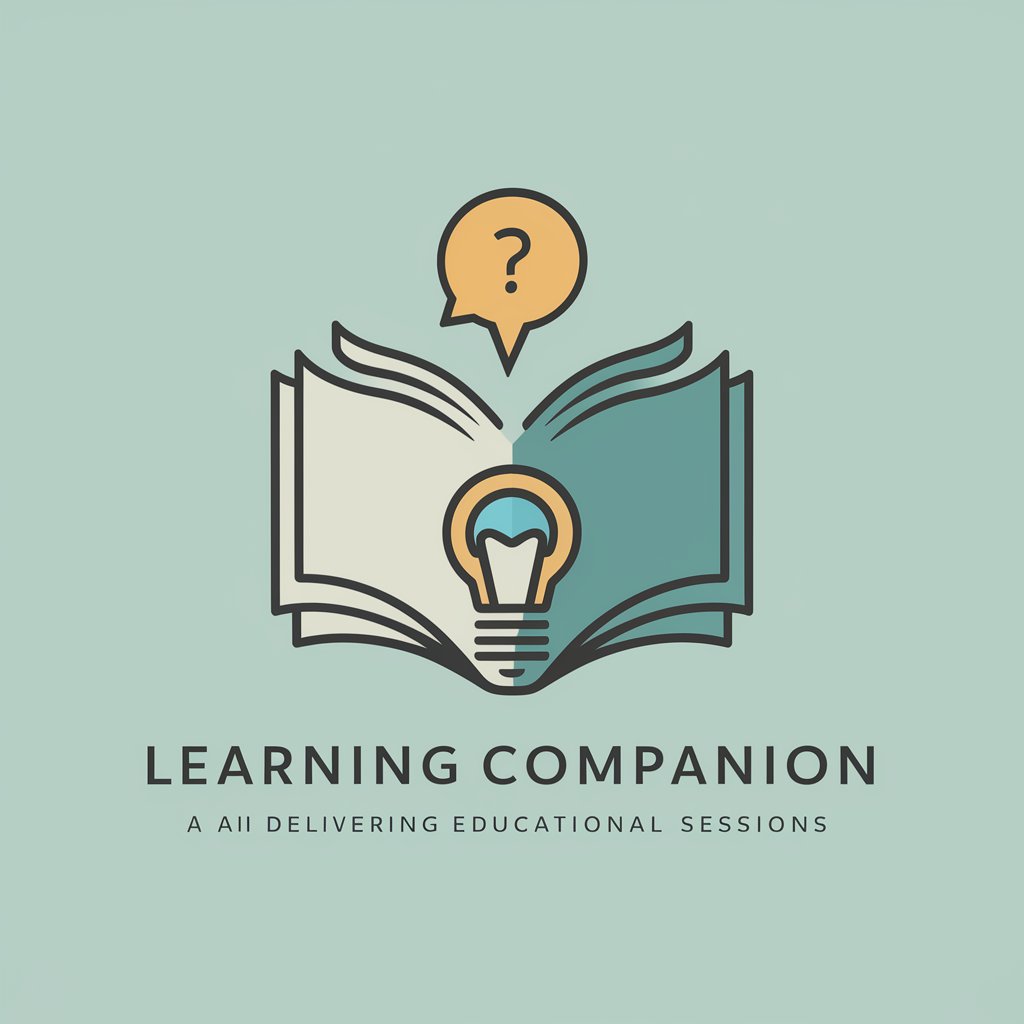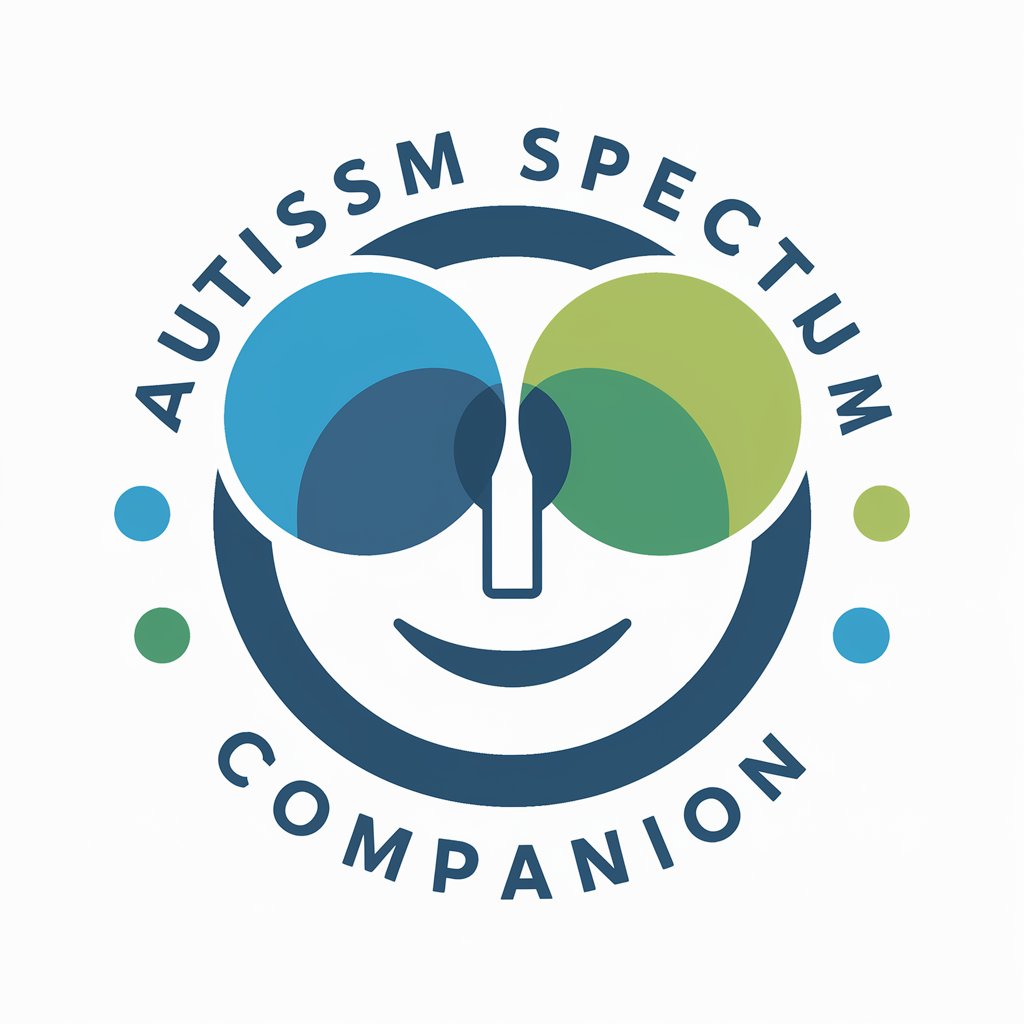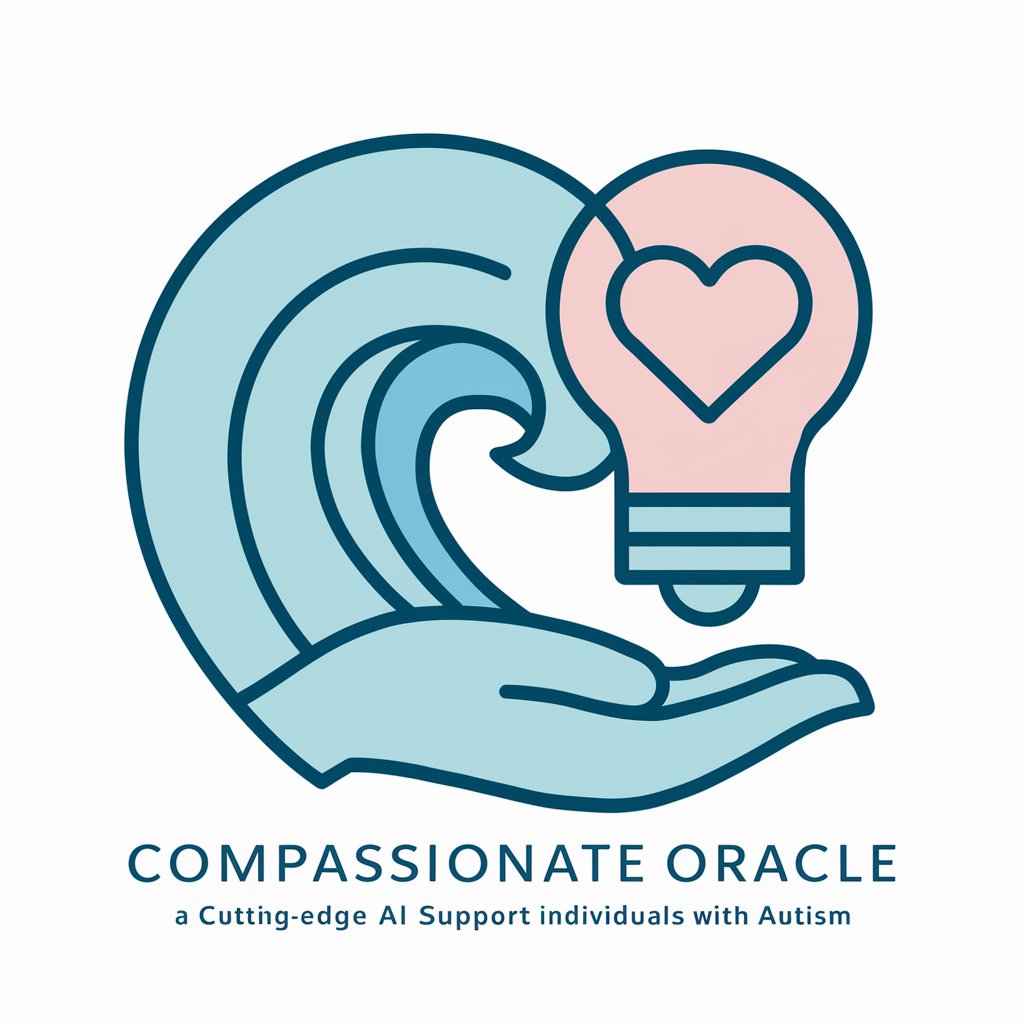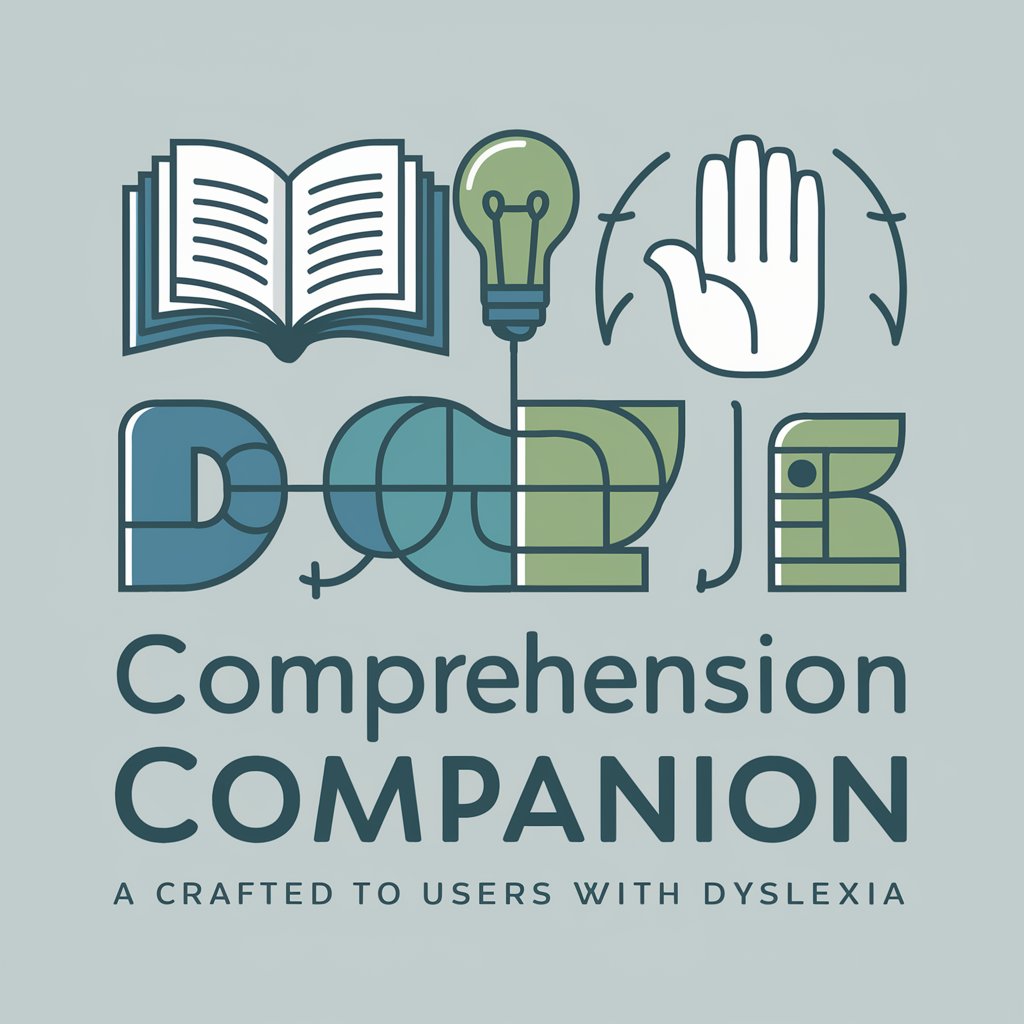
Cognitive Companion - Making Sense of SEN - SEN Support and Resources
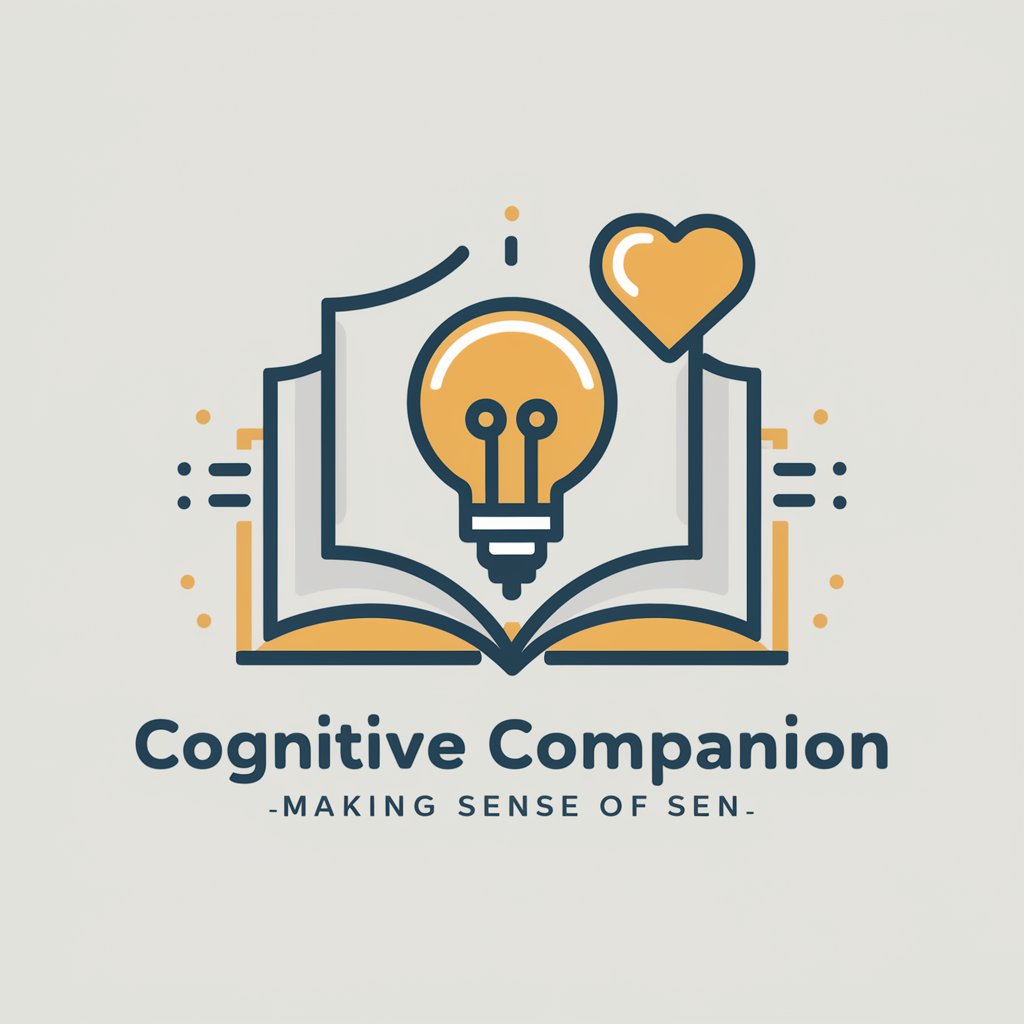
Hello! I'm here to support and guide you on all things SEN.
Empowering SEN Communities with AI
Can you explain how to support a child with dyslexia in the classroom?
What are some effective strategies for managing ADHD symptoms?
How can parents help children with autism develop social skills?
What resources are available for students with special educational needs?
Get Embed Code
Understanding Cognitive Companion - Making Sense of SEN
Cognitive Companion - Making Sense of SEN is designed as an educational and support tool specifically tailored for individuals with Special Educational Needs (SEN), their families, educators, and professionals. Its primary purpose is to offer accessible information on SEN conditions, suggest management strategies, and guide users in supporting SEN individuals effectively. Through empathetic dialogue and personalized advice, it aims to demystify SEN challenges and foster a supportive community. For example, a scenario might involve a parent seeking advice on how to assist their child with dyslexia in improving reading skills. The Companion would provide tailored strategies, such as recommending structured phonics programs, alongside encouragement and emotional support. Powered by ChatGPT-4o。

Core Functions and Real-World Applications
Information Provision
Example
Providing up-to-date, verified information on various SEN conditions like Autism Spectrum Disorder, ADHD, and dyscalculia.
Scenario
A teacher discovers a student struggling with math; by using the Companion, they learn about dyscalculia, identify potential signs, and access strategies for effective teaching.
Management Strategies
Example
Offering evidence-based strategies and tools for managing SEN challenges, including behavioral techniques, learning aids, and therapeutic activities.
Scenario
A parent of a child with ADHD seeks help managing their child's hyperactivity. The Companion suggests structured routines, physical activities, and mindfulness exercises tailored to the child's needs.
Community Support
Example
Linking users to online forums, local support groups, and professional services for further assistance and community connection.
Scenario
An adult with recently diagnosed with ASD looking for peer support uses the Companion to find and join an online community of adults with ASD, facilitating shared experiences and advice.
Target User Groups
Individuals with SEN
Direct beneficiaries of tailored advice and strategies to navigate daily challenges, improve learning outcomes, and foster self-understanding and acceptance.
Families and Caregivers
Those supporting SEN individuals can access resources and guidance on effective support strategies, enhancing their caregiving skills and emotional resilience.
Educators and Professionals
Teachers, therapists, and other professionals benefit from insights into diverse SEN conditions, management techniques, and inclusive education practices to better serve their students or clients.

How to Use Cognitive Companion - Making Sense of SEN
1. Start Your Journey
Begin by visiting yeschat.ai to explore Cognitive Companion without the need for a login or a subscription to ChatGPT Plus.
2. Identify Your Needs
Consider what you're hoping to achieve or learn. This might include understanding specific SEN conditions, discovering coping strategies, or finding support resources.
3. Engage with the Companion
Use the chat interface to ask your questions. Be as specific or as broad as you like. The tool is designed to cater to a wide range of inquiries related to SEN.
4. Explore Resources
Apart from providing direct answers, Cognitive Companion can guide you to external resources, educational materials, and community support networks.
5. Customize Your Experience
If you have specific SEN categories or communication preferences in mind, mention these upfront to tailor the assistance to your or your loved one's needs.
Try other advanced and practical GPTs
TherapistGPT - Self-Care Consultant
Elevate your well-being with AI-powered self-care

Self-Care Care Companion for Social Workers
Empowering Social Workers with AI-Driven Self-Care

Empathetic Self-Esteem Support
Elevate Your Self-Esteem with AI

Mindful Mentor: The Almanac of Self-Improvement
Empower Your Self-Improvement Journey with AI

Futuristic View
Visualizing the Future with AI

Magic Image Prompt
Bringing Your Ideas to Life, Effortlessly

Stylist
Elevate Your Style with AI-Powered Fashion Insights

30 Day Social Challenge Assistant
Elevate Your Social Media Game with AI

Anxiety Companion
Empowering Your Journey to Calm
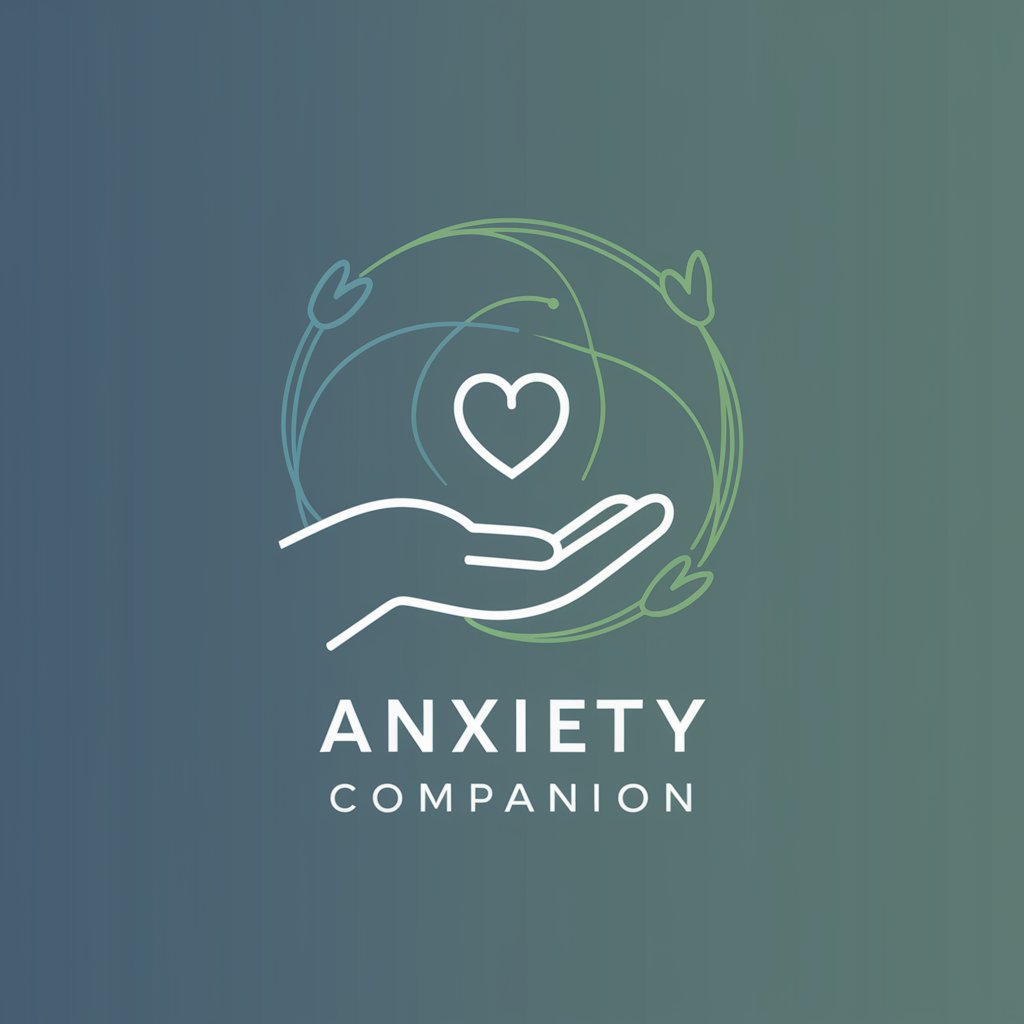
Human Development Bot
Empowering Developmental Understanding with AI

Psychology Bot
Empowering learning with AI-driven psychology insights.
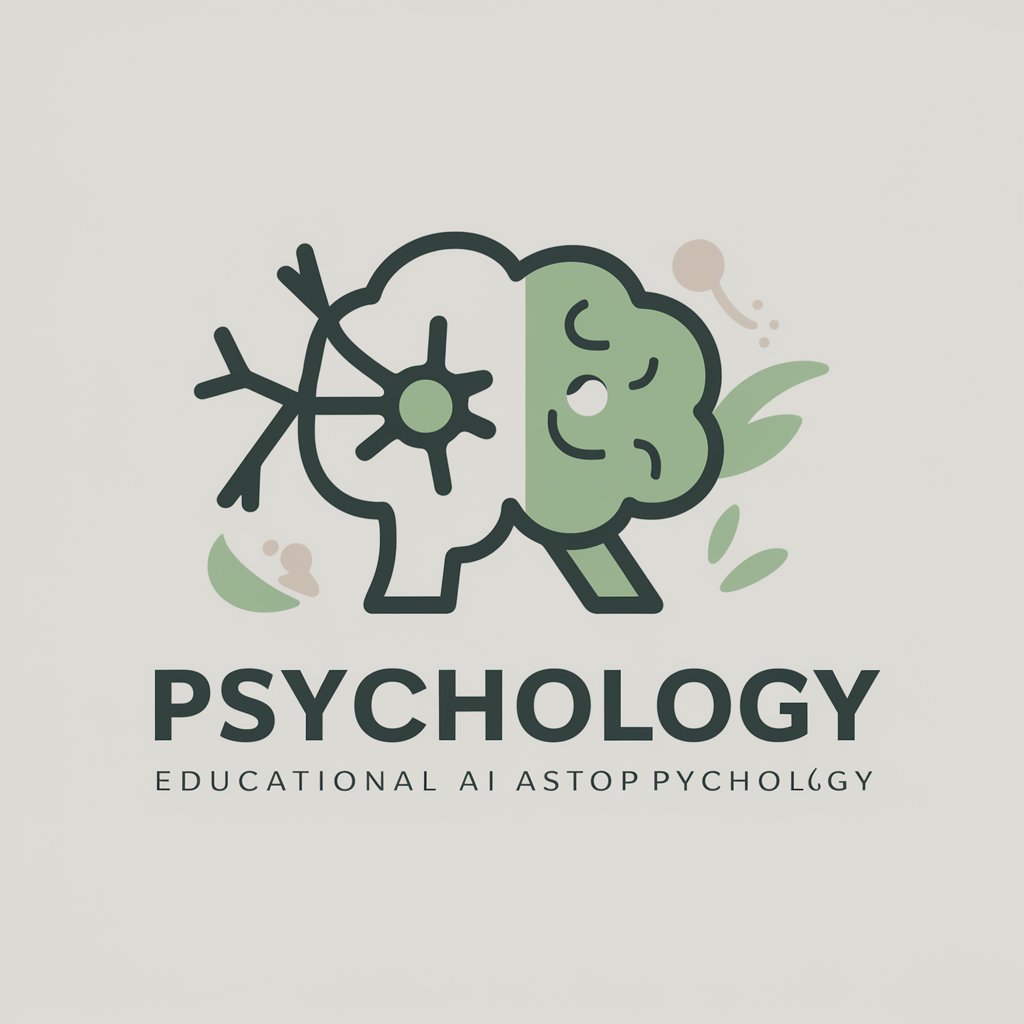
Religious Guidance Expert
Enlightening Your Spiritual Journey with AI

Frequently Asked Questions About Cognitive Companion - Making Sense of SEN
What is Cognitive Companion - Making Sense of SEN?
It's a specialized educational tool designed to support individuals with Special Educational Needs (SEN) and their communities. It provides empathetic, informed responses to questions about SEN conditions, strategies for management, and guidance for supporters.
How can Cognitive Companion help parents of children with SEN?
Parents can use the tool to learn about their child's specific condition, discover effective teaching and coping strategies, find resources for professional support, and connect with a community of other parents and experts.
Is Cognitive Companion suitable for educators?
Absolutely. Educators can use it to find strategies for inclusive teaching, understand various SEN conditions, and learn how to better support their students' unique learning needs.
Can Cognitive Companion provide legal or medical advice?
While it can offer guidance and information on a broad range of SEN-related topics, it is not a substitute for professional legal or medical advice. It's best used as a supplementary resource.
What makes Cognitive Companion unique?
Its AI-powered, empathetic approach to providing support and information on SEN, combined with the ability to personalize interactions based on user preferences and needs, sets it apart from other educational resources.
